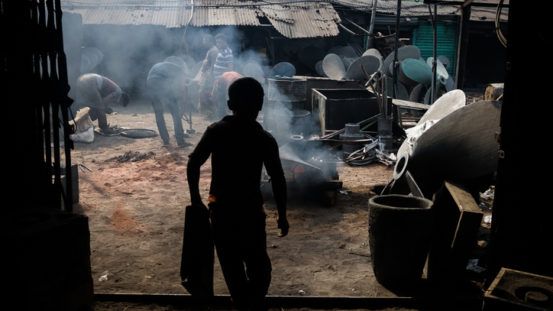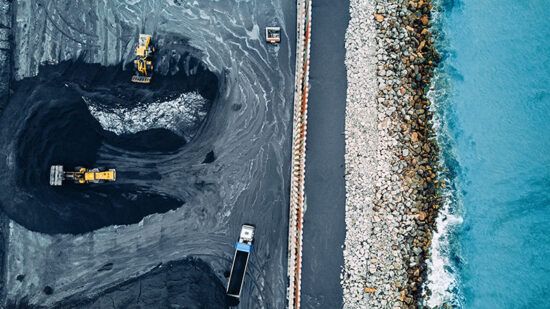US states such as Texas, Florida and New York now have a higher degree of exposure to forced labor risk than Pakistan, India, Thailand and Indonesia, according to a new report.
The Supply Chain ESG Risk Ratings report has found Western sourcing markets have shifted away from their lower risk classification, with forced labor identified as a key contributor to an increasing risk.
Countries like the UK and US are seeing higher risk for critical violations, in part due to a rise in the exploitation of foreign migrant workers.
The United States fell down the rankings in every key labor index, showing a ‘high risk’ classification in the forced labor index in particular.
Many forms of supply chain ESG risk have long been visible in the US. Since 2021, a majority of US states have been ranked as high risk for the most critical forms of supply chain ESG risk, the report found.
But in 2023, the US showed a drop in nearly every single major metric of risk that the report tracks.
Especially concerning were declines exhibited for the most severe forms of ESG risk events: forced labor, child labor, wage violations, exposure to risks associated with migrant workers, and inhumane treatment in the workplace.
The report, published by sustainability specialists Elevate, an LRQA company, is grounded in 20,000 global supplier audits conducted annually, with more than 45 million data points derived from on-the-ground site visits collated in Elevate’s data analytics solution, EiQ.
The data found nearly half of sourcing countries are now considered ‘high risk’.
This means the country is more likely to experience risk events that stand in violation of supply chain ESG governance frameworks, including local and international law.
These could range from finding evidence of environmental degradation to the use of child labor.
Kevin Franklin, managing director for advisory at Elevate, said: “The current geopolitical, economic and legislative climate has made it increasingly difficult for businesses across the globe to be confident about ESG risk in their supply chains.
“Even historically lower risk Western markets have started to slip. It is now clear that simply homeshoring or nearshoring manufacturing in countries previously thought to be ‘safe’ from egregious ESG risks is not enough.”








